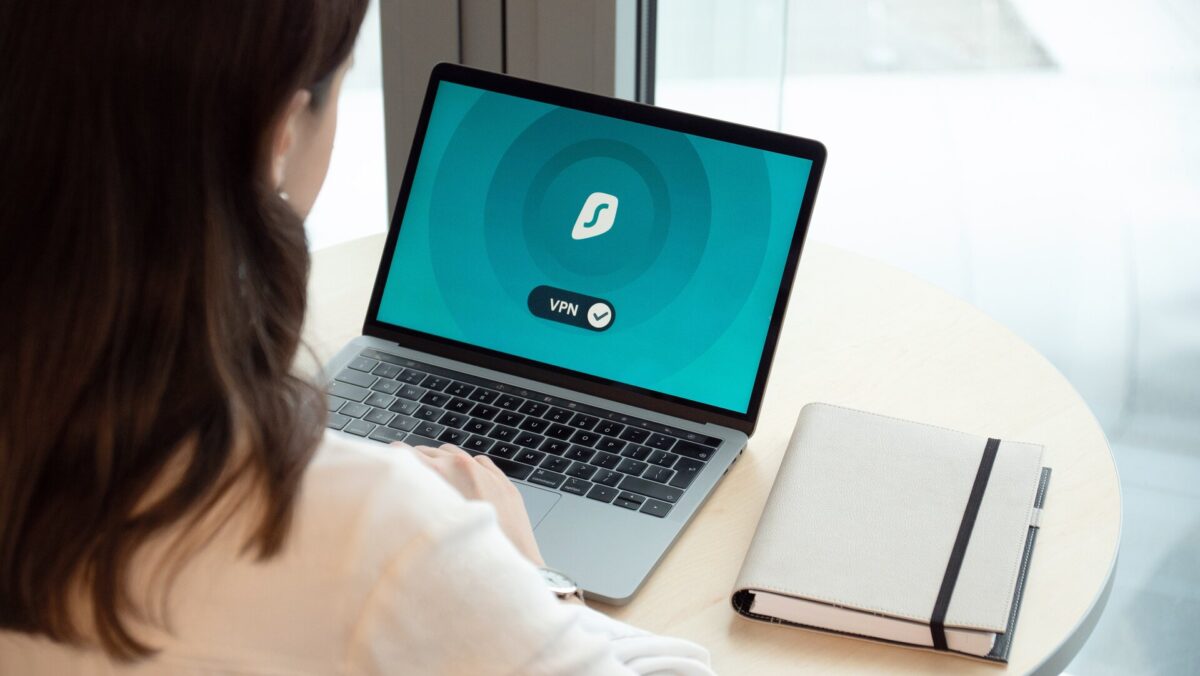Changing your school’s data protection culture

Mark Hodges, Education Sector Lead at Cantium, discusses how the Data Protection Officer (DPO) can help schools make a long-lasting impactful cultural change to data privacy and security.
Cultural change takes time and effort. In any organisation, it’s not something that happens overnight. In a school, it requires ongoing commitment from leadership, staff, students, and parents.
While GDPR means that schools have greater accountability for the data they collect. Having robust data protection measures in place is beneficial to schools in the long run, as it ensures they reduce the amount of personal data they process and can implement processes that are more efficient.
Appointing a Data Protection Officer (DPO) means a school will have a designated, experienced person who is responsible for overseeing data protection practices. The DPO should stay updated on privacy regulations, provide guidance to staff, and ensure compliance with data protection policies. A DPO plays a crucial role in helping schools ensure compliance with data protection regulations and fostering a culture of privacy.
To enable the DPO to lead the charge, a school should look to prioritise data protection and privacy in all aspects of its operations. All of the different stakeholders listed above need to be on board, and they must be willing to collaborate as much as possible. The DPO will encourage collaboration and set the standard for data protection conduct within your school.
Data protection is a complex and rapidly evolving field. A DPO brings specialised knowledge and expertise in privacy laws, data security, and best practices, and they can provide guidance and support to the school administration, staff, and teachers on data protection matters, helping them navigate the intricacies of privacy requirements. By working closely with the school community, the DPO helps establish a strong data protection framework, ensures compliance, and builds a culture of privacy and data security within the school.
A DPO will help to establish and manage the following steps to ensure your school is embarking on a better data protection strategy:
- Developing data protection policies
The DPO collaborates with school leadership to develop comprehensive data protection policies and procedures tailored to the specific needs of the school. They ensure that these policies align with applicable privacy laws and best practices.
- Breaking down the silos
Data protection is an ongoing challenge for schools and an area that tends to see the sector work in silos. From our experience, we find a huge number of schools aren’t logging incidents or near misses. And, if a data breach occurs in one department, it often isn’t shared with others. But, logging, sharing and then fixing is the best form of long-term prevention. Although it can be daunting sharing a data breach with the wider workforce, it is essential to ensuring you are strengthening your data protection for the future.
- Encouraging open discussion
We can also be encouraging a culture of privacy and data protection throughout the school community. By promoting open discussions about privacy concerns and the responsible use of technology, we can reinforce the importance of obtaining consent before collecting or sharing personal information.
- Raising awareness among parents
A DPO will help a school to communicate with parents and guardians about the school’s commitment to data protection. This will enable a school to provide information about the measures in place to safeguard children’s data and how parents can contribute to maintaining privacy.
- Providing training and education
DPOs can help schools to conduct training sessions and workshops to educate staff, teachers, and students about data protection, privacy laws, and best practices. This will help to make sure everyone understands the importance of safeguarding personal information and their roles in maintaining data security.
By employing the above strategies, the DPO can create a cultural shift within a school, making data protection a shared priority and instilling a sense of responsibility and accountability for safeguarding personal information. Over time, this cultural change fosters a privacy-conscious environment where data protection becomes ingrained in a school’s ethos.











Responses